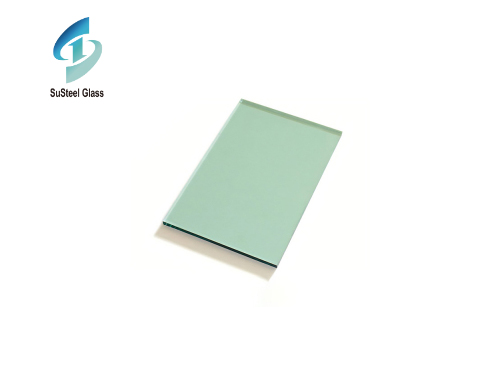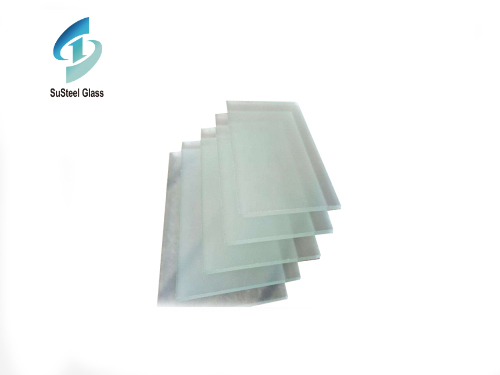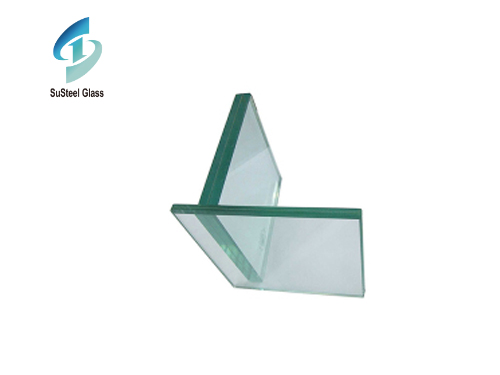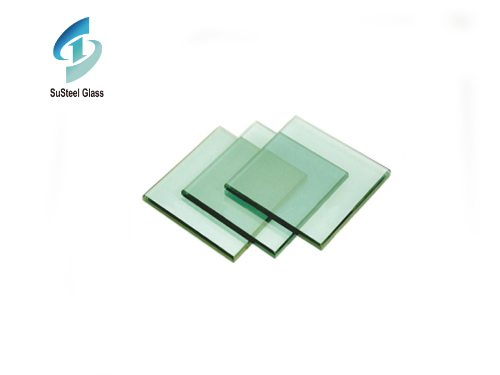Thick glass sheets, renowned for their durability and versatility, serve as essential components in various architectural, industrial, and artistic applications. From structural glazing to decorative features, these robust sheets of glass offer unmatched performance and aesthetic appeal. In this article, we explore the characteristics, applications, and benefits of thick glass sheets, highlighting their importance in modern design and construction.
Characteristics:
Strength and Durability:
Thick glass sheets are manufactured to withstand high levels of stress and impact, making them ideal for structural applications where safety and reliability are paramount. Their resilience to breakage ensures long-term performance in demanding environments.
Optical Clarity: Despite their thickness, quality glass sheets maintain excellent optical clarity, allowing for unobstructed views and abundant natural light transmission. This clarity enhances the aesthetic appeal of architectural installations and showcases the beauty of interior spaces.
Customization Options: Thick glass sheets can be customized to meet specific design requirements, including size, shape, and surface treatments. This versatility enables architects, designers, and engineers to achieve unique and innovative solutions in their projects.
Applications:
Architectural Glazing: Thick glass sheets are extensively used in architectural glazing applications, including curtain walls, facades, and glass bridges. Their strength and transparency contribute to the creation of modern, light-filled spaces while providing structural integrity and weather resistance.
Interior Design: In interior design, thick glass sheets are employed for features such as partitions, balustrades, and countertops. Their sleek appearance and durability enhance the aesthetics and functionality of residential and commercial interiors, creating a sense of openness and sophistication.
Industrial Applications: Thick glass sheets find applications in industrial settings, where they serve as protective barriers, machinery enclosures, and observation windows. Their ability to withstand harsh conditions, such as extreme temperatures and chemical exposure, makes them invaluable in manufacturing and processing environments.
Benefits:
Safety: Thick glass sheets offer enhanced safety and security, particularly in high-traffic areas and public spaces. Their resistance to breakage reduces the risk of accidents and injuries, providing peace of mind to occupants and visitors.
Thermal Insulation: When combined with appropriate coatings and insulating materials, thick glass sheets can contribute to improved thermal insulation, reducing energy consumption and enhancing indoor comfort in buildings.
Design Flexibility: With advancements in glass manufacturing technology, designers have greater flexibility to explore creative possibilities with thick glass sheets, pushing the boundaries of architectural expression and innovation.
In conclusion, thick glass sheets represent a synthesis of strength, clarity, and design versatility, making them indispensable in contemporary architecture, design, and industry. As advancements in glass technology continue to evolve, these remarkable materials will continue to inspire groundbreaking projects and redefine the possibilities of glass in the built environment

 Exploring the World of Green Tinted Glass Products: Versatility and Sustainability
Exploring the World of Green Tinted Glass Products: Versatility and Sustainability
 Exploring the Versatility and Elegance of Custom Thick Glass
Exploring the Versatility and Elegance of Custom Thick Glass
 Unveiling the Strength and Versatility of Laminated Glass: Exploring Material Properties
Unveiling the Strength and Versatility of Laminated Glass: Exploring Material Properties
 Enhancing Safety with Blast Resistant Glass: Innovations, Applications, and Protective Solutions
Enhancing Safety with Blast Resistant Glass: Innovations, Applications, and Protective Solutions

